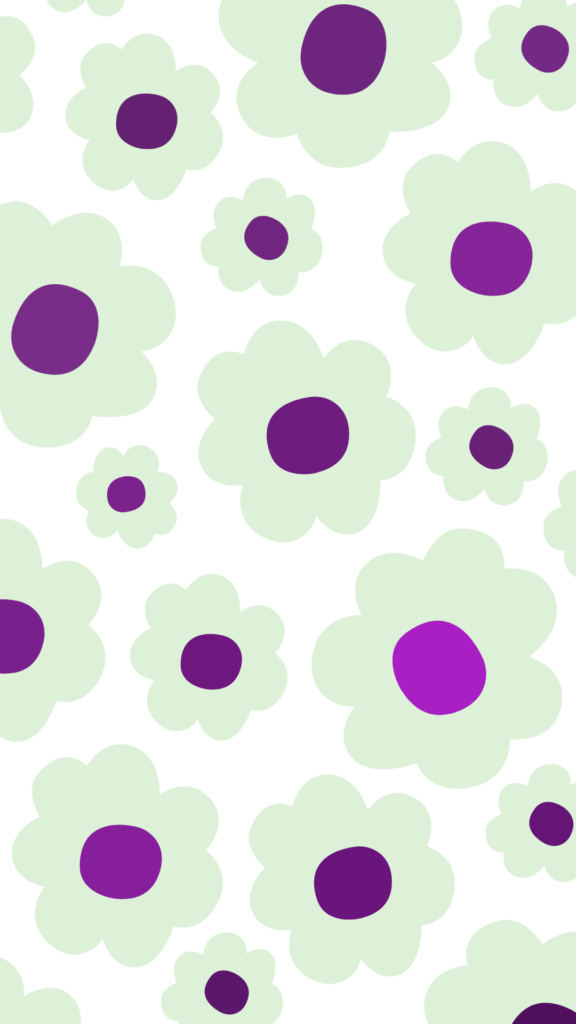Expressing the anger in psychotherapy is a topic that has been explored by many researchers and practitioners. Anger is a normal and healthy emotion that can signal that something is wrong or unfair, and motivate people to take action or seek change. However, anger can also be destructive and harmful if it is not expressed in appropriate and constructive ways. Therefore, learning how to express anger in psychotherapy can be beneficial for both clients and therapists.
There are different approaches to expressing anger in psychotherapy, depending on the goals and preferences of the client and the therapist. Some of the common approaches are:
- Assertive expression: This involves expressing anger in a calm, clear, and respectful manner, without being aggressive or passive. Assertive expression can help clients communicate their needs, feelings, and boundaries, and resolve conflicts with others.
- Symbolic expression: This involves expressing anger through creative or artistic means, such as painting, writing, music, or crafting. Symbolic expression can help clients access and release their anger in a safe and non-threatening way, especially if they have difficulty verbalizing their emotions.
- In-session expression: This involves expressing anger directly toward the therapist in the context of the therapeutic relationship or expressing anger towards the significant other of past or present relationships. In-session expression (role plays, chair work, imagery etc.) can help clients vent their anger, test the therapist’s reactions and transfer their unresolved feelings from past or present relationships.
Expressing anger in psychotherapy can have many benefits for both clients and therapists. Some of the benefits are:
- Accepting anger as a valid and normal emotion, and not suppressing or denying it.
- Increasing self-awareness and insight into the causes and consequences of anger.
- Enhancing emotional regulation and coping skills to manage anger effectively.
- Improving interpersonal relationships and communication skills by expressing anger assertively.
- Reducing stress, anxiety, depression, and other negative effects of anger.
- Promoting personal growth, empowerment, and social justice by using anger as a catalyst for change.
Anger can be used as a source of insight, motivation, and transformation in therapy.



